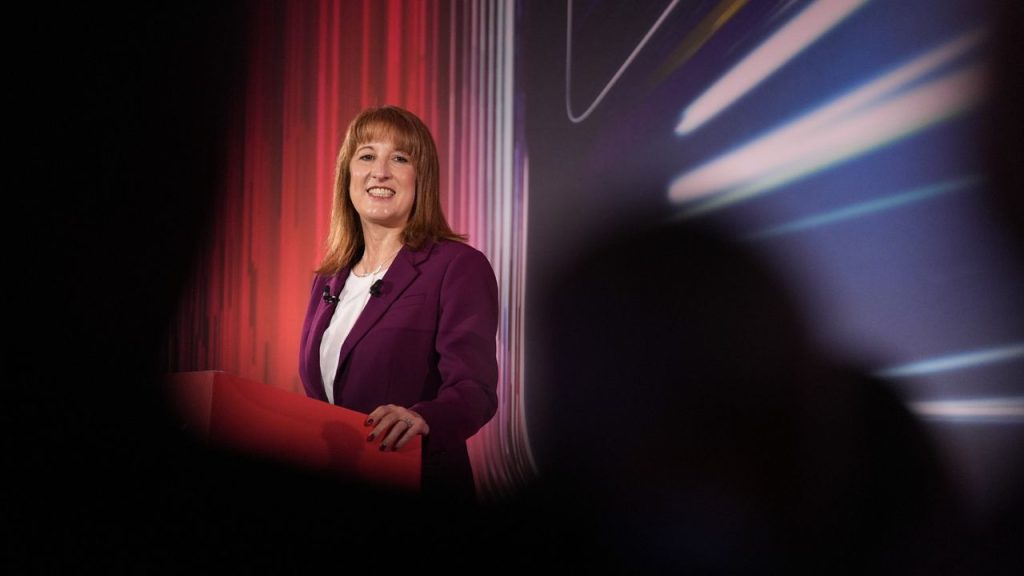In Washington DC last week, Rachel Reeves “started laying the groundwork for a painful Budget”, said Hugo Gye in The i Paper.
Speaking at the annual meeting of the International Monetary Fund, the Chancellor “adopted a strategy of doom and gloom”, confirming that both tax rises and spending cuts are on the table for 26 November, to help reverse an estimated £22 billion black hole in the public finances. Reeves blamed a likely growth downgrade by the Office for Budget Responsibility on Brexit, and warned that “those with the broadest shoulders should pay their fair share”.
‘Sitting on their assets’
Having already gone after non-doms and private schools, Reeves clearly believes the wealthy can be squeezed a bit more before the pips squeak, said Fraser Nelson in The Times. Problem is, we currently have a tax system “where the top 100 super-taxpayers contribute almost as much as the North Sea oil industry; where the top 0.1% pay more income tax than the entire bottom 50%”. The wealthy are already contributing their fair share – “and the fair shares of many others”.
Actually, in some ways the well-off are criminally “untaxed”, said Vicky Spratt in The i Paper. The UK’s vast property wealth – which has increased by almost £3 trillion in a decade – is hardly touched by the taxman. Homeowners who rode the historic house-price inflation wave through the 2010s have become “incredibly rich”. Reforming property taxes is the obvious answer. What’s wrong with asking them to contribute a small amount of the wealth they attained simply “by sitting on their assets”, when those on lower incomes are struggling to choose whether to “heat their homes, eat or pay rent”?
‘Electoral suicide’
A property tax is one option; Reeves is also reportedly looking at targeting pensions and cash Isas. But even if the Chancellor does choose to soak the better off, it still won’t be enough, said Andrew O’Brien on UnHerd. The Treasury now “needs huge amounts of cash”: the NHS alone has a £37 billion capital shortfall; we need another £17 billion just to fill potholes. It would be quicker and fairer to “stick this all on income tax”, where an extra 4p would raise around £30 billion a year. Unfortunately for Reeves, that would break a manifesto pledge, so it would be “electoral suicide”.
All options are painful, said Chris Blackhurst in The Independent, but the worst situation is the one we have now: a Treasury with a “tin ear” that feeds us a “drip, drip” of threats about November’s Statement – while also claiming to be kickstarting economic growth. In reality, businesses are putting decisions on hold, and the wealthy are eyeing the exits; “Britain is at a standstill”. All of this, and “the Budget is still over a month away”.
To fill Britain’s financial black hole, the Chancellor will have to consider everything – except an income tax rise
